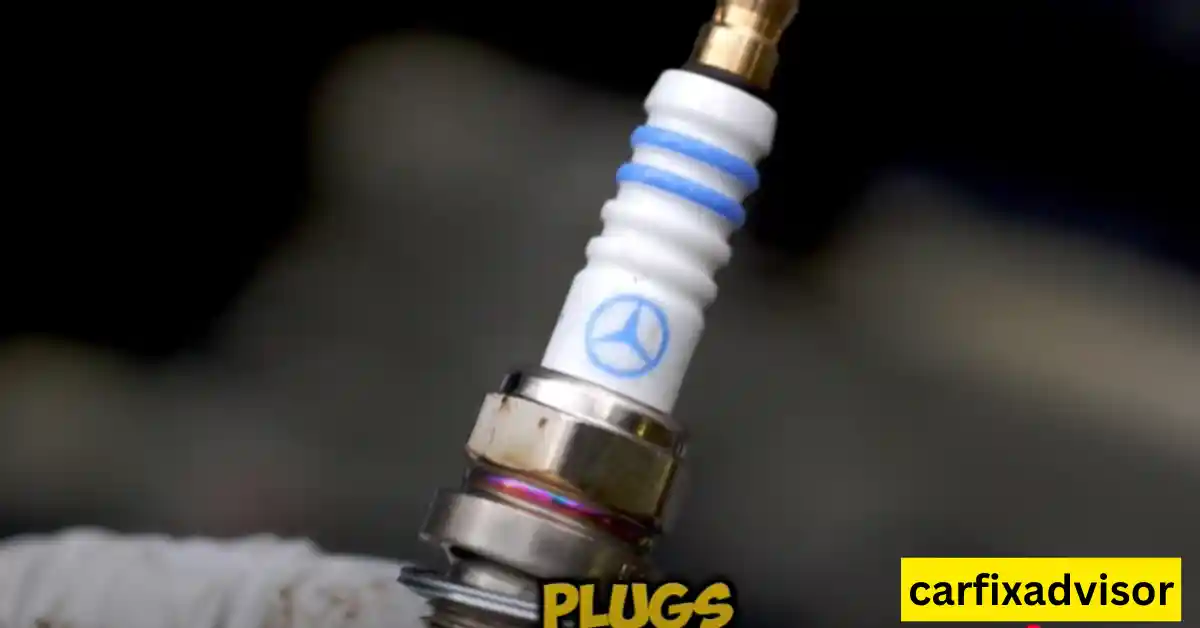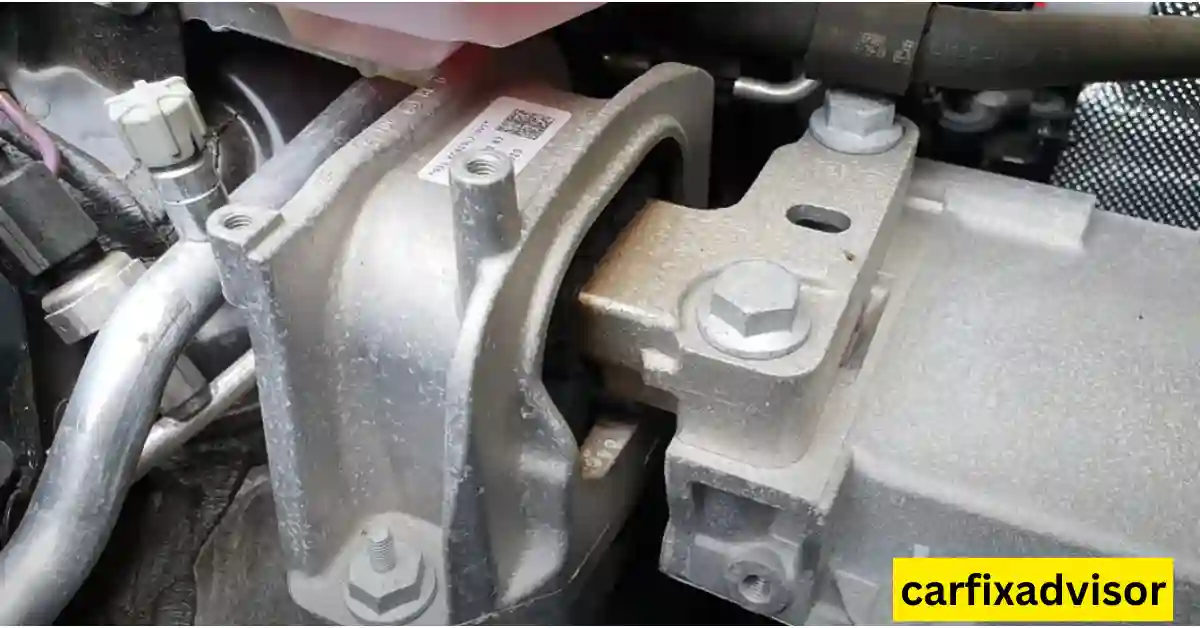Experiencing your car shake when starting can be unsettling. Many drivers notice that their vehicles tremble for a few moments before they run smoothly. Understanding the underlying causes can help you address these issues and keep your car in good shape.
What Does It Mean When Your Car Shakes?
When a car shakes during startup, it is often a sign of an underlying problem. This shaking can result from issues related to the engine’s performance, fuel delivery, or mechanical components. While the shaking may resolve as the engine warms up, it is essential to identify and fix the cause to avoid further complications.
Terms
- Engine Misfire: This occurs when the combustion process fails in one or more cylinders, leading to a rough engine operation.
- Fuel Injectors: These are components that spray fuel into the engine. Clogged injectors can disrupt fuel flow.
- Spark Plugs: These are crucial for igniting the air-fuel mixture in the engine. Worn or dirty spark plugs can cause starting issues.
Common Causes of Car Shaking at Startup
Understanding the potential reasons for your car shaking when starting is vital. Below are some of the main causes:
Engine Misfire
An engine misfire occurs when the fuel in the cylinders does not ignite properly. This can lead to initial shaking that often settles as the engine warms up.
Clogged Fuel Injectors
Fuel injectors deliver the necessary fuel to the engine. If they become clogged, the fuel flow is disrupted, leading to shaky starts.
Worn Spark Plugs
Spark plugs ignite the fuel-air mixture in the engine. Over time, they can become fouled or worn, leading to uneven combustion and shaking upon startup.
Low Fuel Pressure
Adequate fuel pressure is essential for optimal engine function. If the fuel system is not supplying enough pressure at startup, it can result in shaking that typically resolves as the engine stabilizes.
Worn Engine Mounts
Engine mounts secure the engine to the vehicle’s frame. If these mounts are worn or damaged, they may not absorb vibrations effectively, leading to noticeable shaking at startup.
Starter Motor Issues
The starter motor is responsible for initiating engine operation. If it struggles to engage properly, it can cause the engine to shake until it starts.
Loose Engine Components
Parts like exhaust systems or heat shields that are not secured can create vibrations at startup, causing the car to shake until everything settles.
Insufficient Engine Oil
Engine oil lubricates moving parts, reducing friction. Low oil levels can lead to increased friction and shaking as the engine starts.
Internal Engine Damage
Running an engine without enough lubrication can lead to internal damage. If parts are damaged, they may cause vibrations during startup.
Timing Issues
The timing of the engine’s components is crucial for smooth operation. Any discrepancies, often due to worn timing belts or chains, can lead to shaking.
Steps to Diagnose and Fix Car Shaking Issues
If your car shakes during startup, here are some steps you can take to identify and resolve the problem:
Check for Engine Codes
Using an OBD-II scanner can help you identify any fault codes relating to engine performance.
Inspect Spark Plugs
Check the condition of your spark plugs. If they are worn, consider replacing them to improve ignition performance.
Examine Fuel Injectors
Consider having your fuel injectors cleaned or replaced if they are clogged and affecting fuel delivery.
Assess Fuel Pressure
Ensure your fuel system is providing adequate pressure. A mechanic can test this for you.
Inspect Engine Mounts
Check the engine mounts for wear and tear. Replace them if they are damaged or overly worn.
Review Engine Oil Levels
Make sure your engine oil is at the correct level. Top it off if necessary, and consider an oil change if it’s overdue.
Listen for Unusual Noises
Pay attention to any unusual noises when starting. This can help pinpoint if a component is loose or damaged.
Consult a Mechanic
If you cannot identify the issue, consider taking your car to a qualified mechanic for a thorough inspection.
Exploring the Causes of Car Shaking When Starting
This section delves deeper into the reasons behind car shaking at startup, providing detailed explanations and insights for drivers.
Understanding why your car shakes when starting can help you take proactive measures to maintain its performance. Here, we explore each cause in greater detail, offering a clearer picture of how these issues affect your vehicle.
Detailed Causes of Car Shaking
Engine Misfire
An engine misfire can occur when one or more cylinders do not fire properly. This leads to an uneven distribution of power, which causes vibrations. Factors contributing to misfires include faulty spark plugs, an incorrect air-fuel mixture, or issues with the ignition system. Misfires often settle as the engine warms up, but they can indicate deeper problems that need attention.
Clogged Fuel Injectors
Fuel injectors are responsible for delivering the right amount of fuel into the combustion chamber. When clogged, they can disrupt fuel flow, leading to an unsteady engine start. This issue can arise from dirty fuel or contaminants entering the fuel system. Regular fuel system maintenance can help prevent this problem.
Worn Spark Plugs
Spark plugs ignite the fuel-air mixture in the engine. If they are worn or fouled, they may not create a strong enough spark, leading to rough starts. Regular inspection and replacement of spark plugs can enhance engine performance and prevent shaking.
Low Fuel Pressure
The fuel pump maintains pressure in the fuel system, ensuring the engine receives adequate fuel. If there is a problem with the pump or a blockage in the fuel lines, fuel pressure may drop. This can cause the engine to shake temporarily until adequate fuel flow is restored.
Worn Engine Mounts
Engine mounts stabilize the engine and absorb vibrations. If these mounts become worn or damaged, they may not perform their job effectively, resulting in excessive engine movement during startup. Inspecting and replacing worn mounts can significantly reduce vibrations.
Starter Motor Problems
The starter motor engages the engine when you turn the key. If it struggles to connect properly, it can lead to shaking as the engine attempts to start. This issue may require checking the starter or its connections for wear or corrosion.
Loose Engine Components
Components in the engine bay, such as exhaust systems or heat shields, must be secured tightly. Loose parts can create vibrations during startup, which may settle once everything is functioning correctly. Regular checks can help identify loose components.
Insufficient Engine Oil
Engine oil lubricates parts to prevent friction. Low oil levels can lead to increased wear and tear on engine components, resulting in shaking at startup. Regular oil changes and checks can help maintain the right oil level and quality.
Internal Engine Damage
If the engine has been running with insufficient lubrication, internal damage may occur. This can lead to uneven vibrations when starting, indicating a need for immediate mechanical attention.
Timing Issues
Proper timing is crucial for engine performance. If the timing belt or chain is worn or misaligned, it can affect the ignition sequence, causing shaking. Regular timing belt inspections and replacements can help prevent this issue.
Solutions to Address Car Shaking
Once you identify the possible causes of your car shaking at startup, consider the following solutions:
Regular Maintenance
Adopting a regular maintenance schedule can help you catch issues before they escalate. This includes oil changes, fuel system cleaning, and spark plug replacements.
Engine Diagnostics
Utilizing a diagnostic tool can help you identify specific problems that may be causing shaking. This can save time and money by targeting the exact issue.
Fuel System Care
Using high-quality fuel and regular fuel system cleaners can prevent clogging in the injectors and maintain proper fuel flow.
Professional Inspections
Consulting with a qualified mechanic can provide insights into complex issues that may not be apparent during a basic inspection.
FAQs On Car Shaking When Starting and Then Running Fine
Why does my car shake when I start, then run fine?
When your car shakes at startup but runs fine afterward, it can be due to several factors. Common causes include engine misfires, clogged fuel injectors, worn spark plugs, or low fuel pressure. These issues often cause vibrations that settle as the engine warms up and stabilizes.
Why is my car shaking when I just started?
Shaking upon starting can indicate a problem with the engine or fuel system. Potential reasons include a faulty starter motor, worn engine mounts, or insufficient engine oil. Addressing these issues quickly can prevent further complications and ensure smooth operation.
Is slight shaking in a car normal?
Slight shaking can be normal during startup, especially in colder weather. However, if the shaking is noticeable or persists beyond startup, it may indicate an underlying issue. It’s advisable to monitor the situation and seek a mechanic’s opinion if the shaking continues.
Can low fuel levels cause my car to shake when starting?
Yes, low fuel levels can lead to inadequate fuel pressure, which may cause the engine to shake during startup. Ensuring that your tank has sufficient fuel can help maintain proper fuel delivery and prevent shaking.
How can I prevent my car from shaking at startup?
To prevent shaking at startup, maintain regular vehicle maintenance. This includes checking and replacing spark plugs, cleaning fuel injectors, ensuring proper engine oil levels, and inspecting engine mounts. Addressing these factors can contribute to smoother starts and overall performance.
Conclusion
Experiencing shaking in your car when starting, followed by a smooth operation, can be concerning but is often indicative of underlying issues that can be addressed. Common causes include engine misfires, clogged fuel injectors, worn spark plugs, low fuel pressure, and more. While slight shaking may be normal in certain conditions, persistent or noticeable vibrations should not be ignored. Regular vehicle maintenance, such as checking the fuel system, inspecting spark plugs, and ensuring proper engine oil levels, is crucial for preventing these issues.
By being proactive and aware of the potential causes, you can help ensure your vehicle runs smoothly and efficiently. If you notice consistent shaking or if the problem worsens, consulting a qualified mechanic is essential for a thorough diagnosis and prompt repair. Taking these steps can lead to a safer driving experience and better overall vehicle performance.


